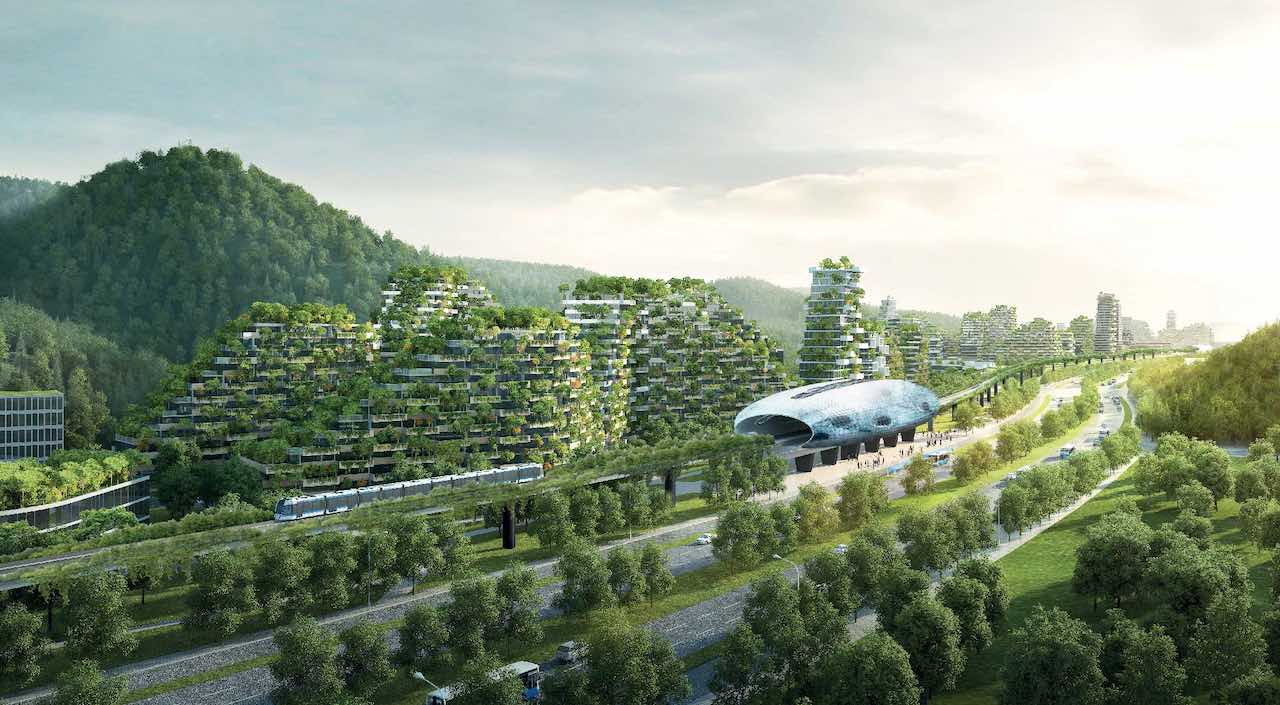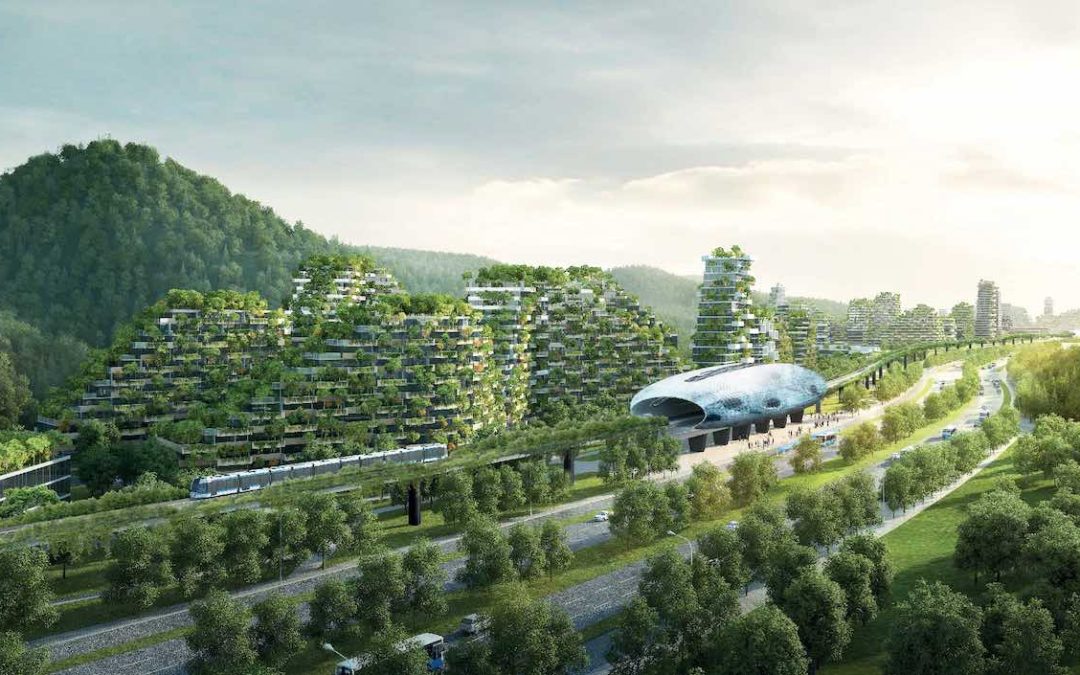
Our world is changing. In just a fraction of humanity’s history, billions of people’s lives have fundamentally changed and improved. But it’s only the beginning. The exponential development we see in more and more technological areas ultimately affects the entire planet. Unfortunately, society is still behind the curve in terms of digitization and automation, and the more substantial problems we face as a species, the more we understand the need for those fields to grow and prosper.
Scientists overwhelmingly agree that human activity affects the climate of our planet. As the average global temperature rises, some weather phenomena become more extreme. We have left the Holocene, the geological epoch that, over the past 11,700 years, has enabled us to develop civilizations and advanced societies thanks to a relatively stable climate.
We now live in the anthropocene — the age of man. An age in which human activities are just as significant as other geological forces, such as volcanoes and altered solar activity. We have reached a time when we have become so powerful that we must also take responsibility for the planet’s health. We have become planetary caretakers.
Coinciding with this enormous existential responsibility, we have also — through technical development — created tools that enable us to shoulder this responsibility.
The two most important and powerful concepts in the world right now are exponential technologies and sustainability. The first are the tools for creating the second.
Mankind has the power to solve problems such as poverty, starvation and climate change and create a bright future. This does not happen by itself. Climate change is already well documented and humanity is gathering to meet this challenge. Many solutions are in place to dramatically reduce our greenhouse gas emissions and we are at the beginning of a fantastic transition. But we need to continue innovating and accelerating the emission curve downwards and the development curve upwards.
Federal and state governments can use legislation, taxes and industry regulations to create the conditions for change, but the entities who will truly drive a developmental boom lie in the private sector — businesses and individuals. Relying entirely on government intervention and prohibition of citizens and businesses is the wrong way to go. It inhibits innovation, development, and over the long term, degrades our living conditions — reducing the possibility of creating a bright and sustainable future.
Some political wings use climate as a prop. The associated anxiety and perceived threat of a “doomsday” scenario can, in some cases, be used against a populace by a government with ill intentions. However, on the opposite end of the spectrum, Sweden is proving to be one of the world’s largest climate shelters, and continues to show the world that progress in this department never ends until the goal of an emission-free world is obtained.
The doomsday narrative also undermines other advances in the world, such as the fact that we have never had a higher life expectancy, less poverty and that we have more protected areas on earth now than ever in history.
The pessimistic and apocalyptic narrative is alarming and counterproductive. It leads to increased polarization and favors authoritarian powers. Beyond that, it creates a feeling of hopelessness. Optimism as a strategy means that we focus on opportunities and solutions. Realism means that these are based on scientific and factual basis.
The change that needs to happen is dramatic, but not for the worse. It does not have to limit our freedom or our choices of life. Therefore, we must put all the focus into what opportunities the transition provides, what solutions exist, and how they can be developed and implemented in a way that benefits as many as possible.
Climate change is the driving force to introduce a society where advanced and free societies show consideration for each other. This means that we must create a new paradigm where we reconnect our economy and our societies to the biosphere. Thanks to some help from technology, humans have the ability to build a global society that hinges on efficiency and respect for the planet.
Few countries have come as far as Sweden in digitalization and automation, which means that there is a unique opportunity to act proactively in the transition. This will benefit our citizens, businesses and ultimately the globe. Climate-smart solutions and business models need, and are already in, a large part of the world market. So even though Sweden is a small country with few inhabitants, through our innovative energy infrastructure and conceptual proactivity, we can influence the world to move in a direction that benefits us all.
The capacity for renewable energy — like solar and wind power — has doubled every three years over the past fifteen years. Subsidies are no longer necessary thanks to a sharp decline in costs associated with the delivery of solar power. Renewables are cheaper than fossil alternatives in a market comparison and the sharply decreasing costs, mainly in solar, have made renewable electricity available to more people than ever before.
Only since 2010 has the cost of batteries been reduced by about 80 per cent. If development continues at a similar rate as batteries, electric engines in vehicles could have as strong a market-share as combustible engines in as early as 2025. In addition, intermediate storage of renewable energy is becoming more cost-effective. In our lifetime, we have the opportunity to see technology go from ‘a lack of sustainable energy’ to ‘an abundance that benefits everyone.’
This development is fundamentally driven by digitalisation and within most of these climate-smart technologies, Sweden has companies that, in addition to driving the development forward in the country, have the potential to reach a world market.
As an increasingly global society, we are facing enormous changes to the way our economy works. But the journey does not start now — it has already begun with the exponential development of technology. Now we have to accelerate this fantastic development with our new role as planetary caretakers. The future is bright because it is in our power to make it so.





